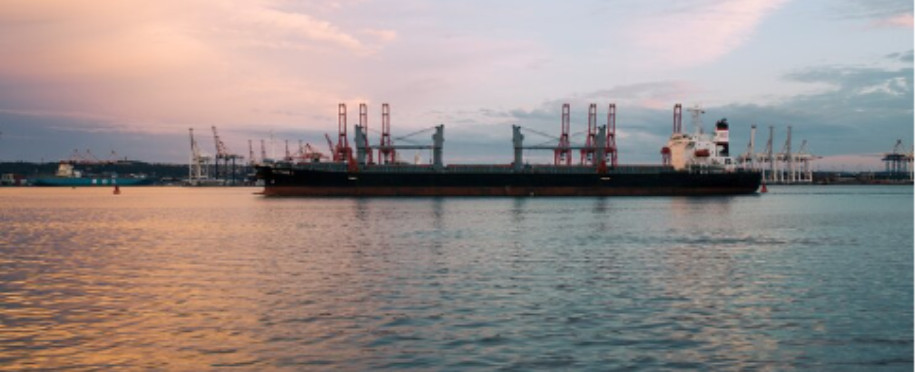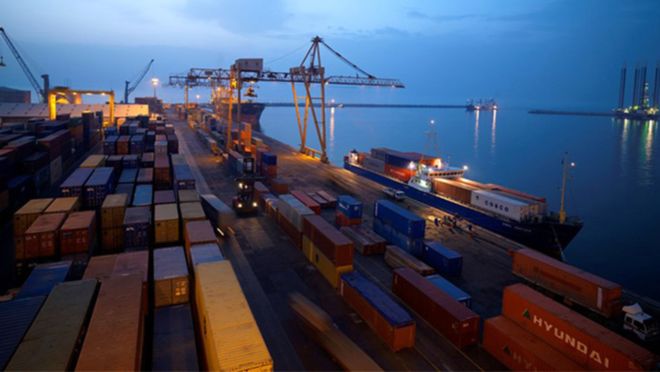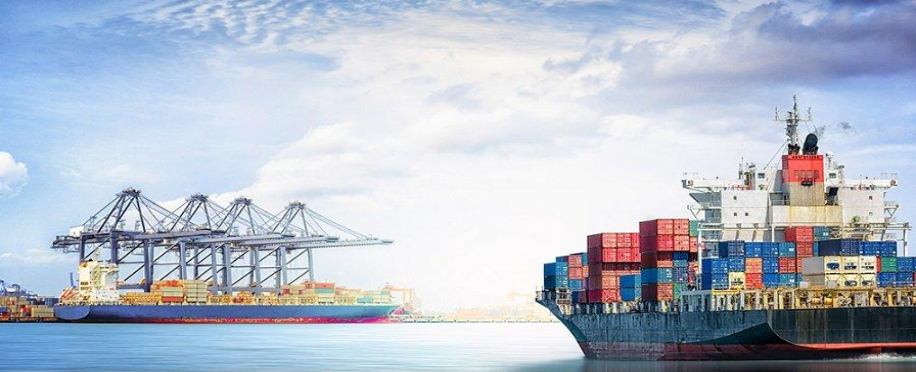Green Dilemma: The Complexities of Adopting Ammonia as a Marine Fuel

Posted on Mar 30, 2024 at 02:03 PM
In the face of escalating climate change, the global research community is in a relentless quest to unearth eco-friendly solutions to critical environmental challenges. A pivotal concern is the prevailing reliance on fossil fuels, a dependency that's steering the planet towards an ecological precipice.
The Quest for Sustainable Alternatives
The transition towards electric and hybrid vehicles is gaining momentum within the automotive sector, paralleled by the aviation industry's exploration of sustainable aviation fuel (SAF). However, the spotlight has shifted to the maritime domain, which is anticipated to account for a tenth of worldwide CO2 emissions by 2050. This shift underscores an urgent need for greener propulsion technologies in shipping.
Researchers at Sweden's Chalmers University of Technology have unveiled findings that stir the waters of marine fuel innovation. Their focus? Ammonia—a candidate with a double-edged sword. Despite its high energy density and carbon-neutral profile, ammonia's combustion unleashes concerning environmental repercussions, including acidification, eutrophication, and the emission of N2O—a greenhouse gas with a warming potential vastly surpassing that of CO2.
The investigation spanned life cycle analyses across batteries and three electrofuels: hydrogen, methanol, and ammonia. The verdict? Despite its merits, each green electro fuel has significant environmental footprints stemming from its energy demands, water consumption, resource utilisation, human toxicity impacts, and the cost of installing bunkering infrastructure across ports worldwide.

Selma Brynolf, a study co-author, underscores the paradox of ammonia's green promise. While carbon-free, its combustion process emits laughable gas, showcasing a formidable greenhouse effect. This revelation prompts a re-evaluation of ammonia's viability as a sustainable marine fuel.
The study's comprehensive approach, combining life cycle assessment with cost analysis against the backdrop of engine and fuel cell technologies, positions ammonia and methanol as economically favourable. Yet, the allure of low costs masks the underlying environmental and technical challenges.
The study's lead author, Fayas Malik Kanchiralla, cautions against the rush towards ammonia. The shift, driven by cost-effectiveness, could inadvertently spiral into a maze of new environmental dilemmas, challenging the goal of transcending fossil fuel dependency.
The intricate dance of ammonia as a marine fuel reveals a nuanced landscape. Its potential to mar air and water quality, particularly in ecologically sensitive zones like the Baltic Sea, illuminates the complexity of finding a one-size-fits-all alternative to fossil fuels. As the research elucidates, this endeavour is a Herculean task fraught with intricacies, underscoring the critical need for a balanced approach to truly sustainable shipping fuels.
Read more News:
- Global Oil Supply Chains Under Threat Amid Red Sea Disruptions
- COP28: The World Watches as Leaders Convene for Climate Change Milestone
- Dawn of AI in Naval Maintenance: Thales and Royal Navy Forge a Historic $2.3 Billion Agreement


